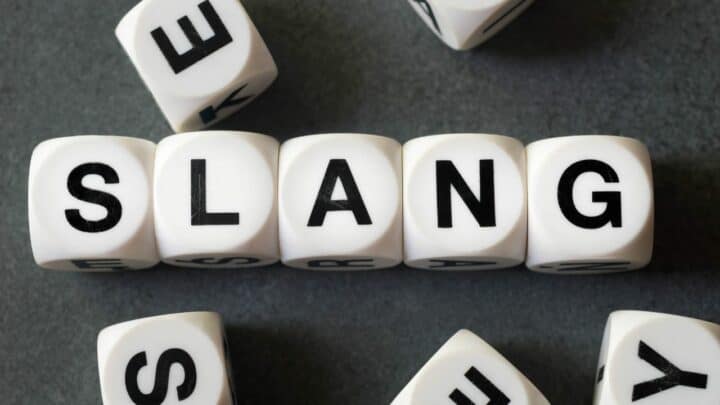When you’re learning English, you also have to learn some idioms and other colloquial language along the way that are common among native speakers.
These are usually common, well-established words and phrases, such as “errands to run.”
However, there are also forms of slang that cycle in and out of circulation so quickly that it’s hard to keep up.
Sometimes, slang that originates among the young actually turns out to have staying power and is eventually used by nearly everyone, like the word “cool” to mean that something is good.
And some slang is only popular within certain groups of people.
What about the phrase “stop the cap”? We’ll explain it all below.
What does “stop the cap” mean?
“Stop the cap” is an expression that means “stop lying.”
Where does “stop the cap” come from?
The origins of the phrase “stop the cap” are not entirely clear, but it has been popularized in rap and hip-hop culture in recent years.
In 2017, two Atlanta-based rappers, Future and Young Thug, released an album together that included a song called “No Cap.”
There is also a rapper named NoCap whose first EP was released in 2017.
In 2021, a rapper named Bigbzzzjay released a single called “Stop the Cap.”
Unlike the phrase “may the odds be ever in your favor” however, “stop the cap” doesn’t originally come from one writer’s original composition but arose more organically.
These days, the internet has changed how slang is spread, and you can often see the phrase “stop the cap” used on Twitter and TikTok.
It actually appeared on social media before it was popularized in song, going back to at least 2012 on Twitter.
However, the word “cap” to mean boasting or lies appears to go back at least a few decades and maybe even a few hundred years depending on who you ask.
In the last several decades, it has been associated with African American Vernacular English, sometimes shortened as AAVE. In the 1990s, rappers would say “no cap” to indicate that they were speaking sincerely.
Back in the 1970s, urban American youth would try to one-up another with insults, known as “capping.”
This was generally done in good fun and is one of the precursors of what eventually became the wordplay of rap battles.
Earlier than this, in the 1940s, “to cap” meant to top or surpass someone else, similar to its later use as “capping.”
And at least one source claims that the practice of using it to boast or outdo one another goes as far back as the 1500s, when people would start by quoting proverbs, Bible verses or bits of poetry at one another or even tell small stories in an effort to best each other.
How do you use “stop the cap” in a sentence?
The expression “stop the cap” is not as commonly known as some other pieces of slang, so not everyone would understand what you meant if you used it, especially if they weren’t teenagers or young adults.
Therefore, it’s probably a good idea to make sure that the person you’re speaking to understands it before you use it, maybe by waiting until you’ve heard it from them first.
Below are a few ways you might hear or see it used or that you might use it yourself.
You (knowing that your friend often exaggerates): You need to stop the cap. Nobody believes you.

Hey fellow Linguaholics! It’s me, Marcel. I am the proud owner of linguaholic.com. Languages have always been my passion and I have studied Linguistics, Computational Linguistics and Sinology at the University of Zurich. It is my utmost pleasure to share with all of you guys what I know about languages and linguistics in general.

